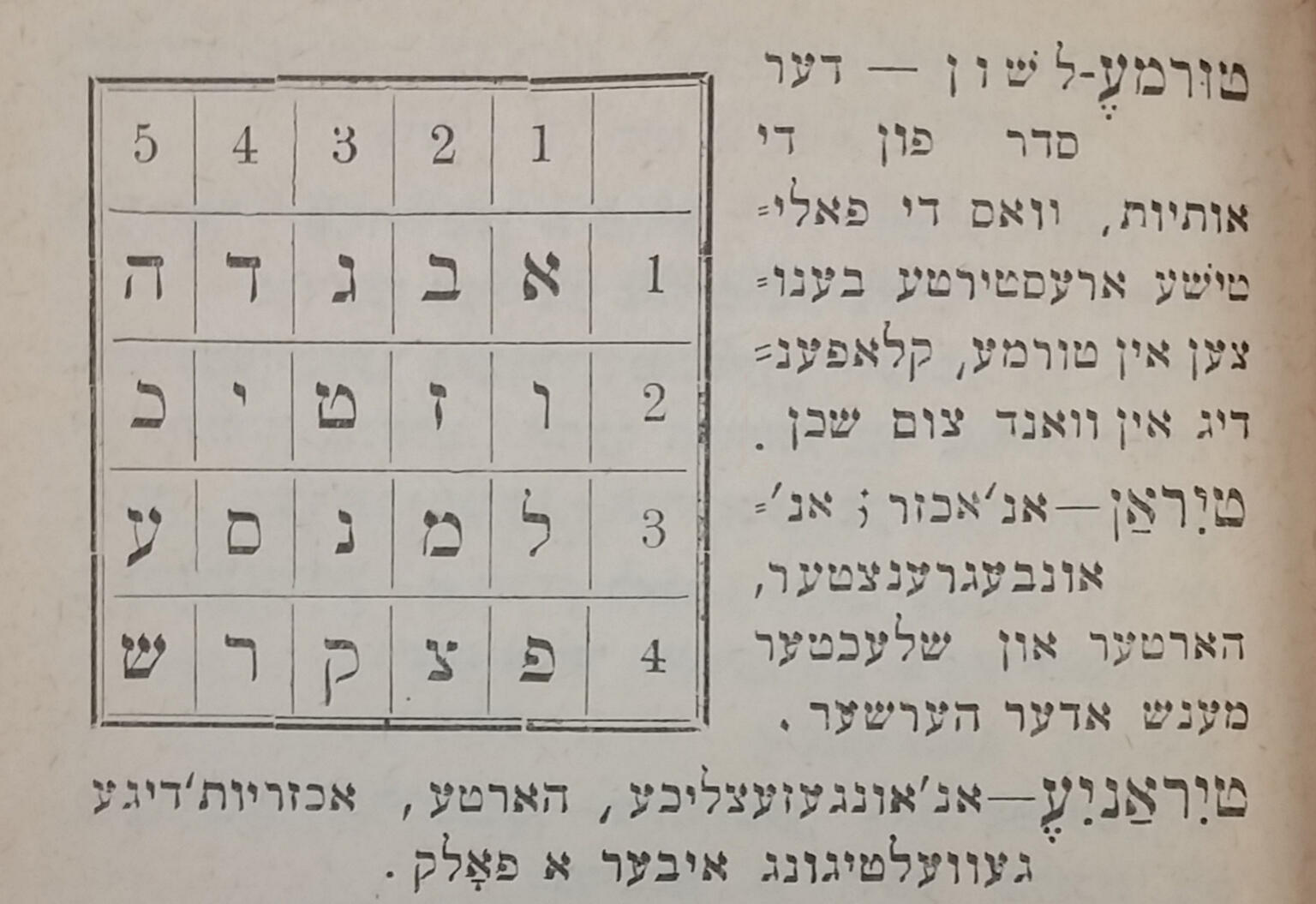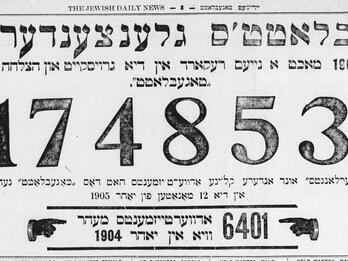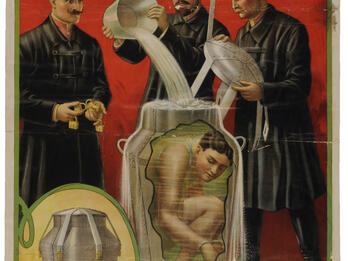A Dictionary of Political Terms
A leader and rabble rouser for the masses, who rouses the simple benighted people, provoking their most base desires, their feelings of jealousy and hate, and has therefore a great sway over the masses. [ . . . ]
Power residing in the hands of the people, such an organization of the state where the right to enact laws belongs to the entire people. [ . . . ]
The organization of the state whereby the entire administration lies in the hands of the people. The people choose judges, leaders, and their representatives; the last enact laws, there is no emperor (kayzer), rather, a president is chosen. [ . . . ]
The order of the letters that the political detainees use in prison, [communicating by] banging [out the letter-codes] on the wall to their neighbor.
[ . . . ]
The working class, the factory and mill workers, who having themselves no means of production, factories, machines, are forced to sell their labor to the manufacture-capitalists in order to earn a livelihood.
Fallen, negligent workers, “ruffians,” who do not have a fixed standard occupation, and who do not have qualifications for such an occupation.
The movement of specific parts of the masses to the ranks of the proletariat. Meaning, they become workers in the factories, mills, and other large capitalist undertakings.
Credits
Anonymous, Politishes verter-bukh: A peyresh oyf di fremde verter, vos vern gebrakht in yudishe tsaytungn, zhurnaln, politishe un ekonomishe broshurn [A Political Dictionary] (St. Petersburg: Ezra, 1907), pp. 31–32, 39, 68.
Published in: The Posen Library of Jewish Culture and Civilization, vol. 7.






